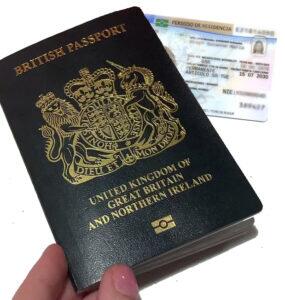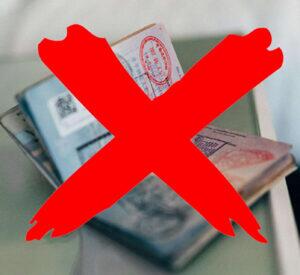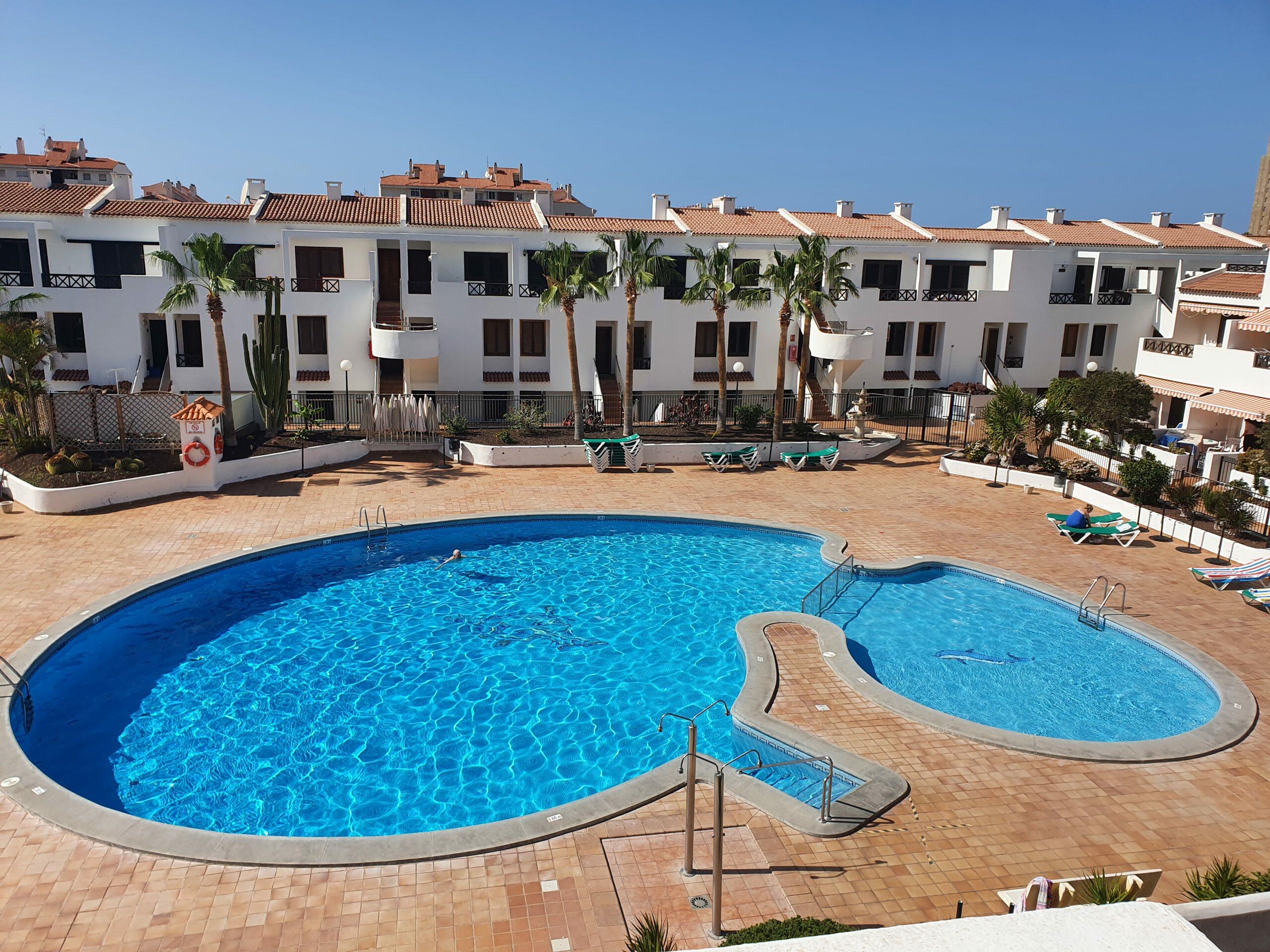Passport stamps: What British residents in the EU need to know when crossing borders.
British nationals’ resident in the EU have become concerned in recent months as their passports have been stamped when returning home from abroad.
Since the end of the Brexit transition period, Brits crossing EU borders have been divided into two groups; on the one hand those with the right of residency or long-stay visas and on the other hand, visitors.
For visitors, the 90-day rule comes into play, meaning that they can no longer spend more than 90 days out of every 180 in the Schengen zone, and border guards keep track of how long people have spent inside the Bloc by means of passport stamps, establishing exactly when the person entered the Schengen zone and when they left.
But for Brits who have the right of residency in Spain – either through a visa or a residency card – things are different.
If you are a resident in Tenerife, any time that you spend here does not count to your 90-day limit (although if you were to enter France, Sweden or Italy the 90-day clock would begin ticking).
British residents should therefore not have their passport stamped when they are entering the EU country that they live in.

What should you do?

When approaching passport control going either in or out of Tenerife, you should present both your passport and proof of residency – whether this is your visa, residency card or proof that you have applied for residency.
Don’t wait to be asked for this, because at busy borders officers will just presume that anyone presenting only a passport is a tourist.
You might think you only need to present proof of residency when entering the country, but in fact you should show it when leaving as well, as passports are regularly stamped on both exit and entry.
If you are travelling within the Schengen zone it is a lot less likely that documents will be required when crossing the border, but if asked, you should present both your passport and residency document.
What if the official wants to stamp your passport?
The problem of wrongly stamped passports seems to be happening quite a lot with immigration officers at border control. The biggest issue has been persuading Border Force officials NOT to stamp a UK passport, despite the fact that a residency permit is also produced with the passport.
Some people have been unable to prevent this despite arguing with the official, so their passport has a stamp which effectively says you have only 90 days to stay in Europe. They have often been told that the rules were that every British passport should be stamped.
This is not correct, and we fully appreciate that having an argument with a border guard in another language can be a daunting task – especially as you feel the waves of frustration from everyone behind you in the queue – but if you see an error being made it is important that you point this out.

What happens if your passport is stamped in error?
This is of course the key point, but it is also where things get hazy.
It is only nine months since the transition period ended and many people have not been travelling because of the pandemic and travel restrictions, so it may be that problems are yet to reveal themselves.
The British Embassy in Germany has said: "UK nationals who were legally resident in Germany prior to the end of the transition period on December 31st 2020, and are therefore subject to the Withdrawal Agreement should not have their passports stamped when re-entering Germany". The situation is the same with Spain.
However, a stamp in your passport does not alter your rights under the Withdrawal Agreement, such as your right to reside here in Tenerife and to receive a new residence document.
Stamping a passport at the border does not mean that a decision on residence status has been taken. The stamp merely documents that the passport holder was checked in the place stated on the stamp, whether this check had been performed in the course of an entry or exit, and which means of transport was used.
The stamp entails neither the loss of rights under the Withdrawal Agreement nor in any other way a change of legal status. Consequently, a stamp on entry does not need to be annulled and may be retained unaltered in the passport as a souvenir.
If, however someone exits the Schengen area more than 90 days after their passport was stamped, then they should also carry with them a document demonstrating their current residence status, for example as a beneficiary of the Withdrawal Agreement.
The British Embassies in Spain have provided similar advice – namely that the stamp does not alter your rights of residency and incorrect stamps do not need to be annulled.
However, while a stamp may not alter your rights of residency, does having one in your passport mean you may run into problems at the border? Your residency status should be easy to prove, but it might involve delays, extra checks or even interrogations while travelling. Therefore, it is best to avoid this if you can.
The advice from all official bodies is to carry with you at all times the documentation that proves your right of residency in the EU.





